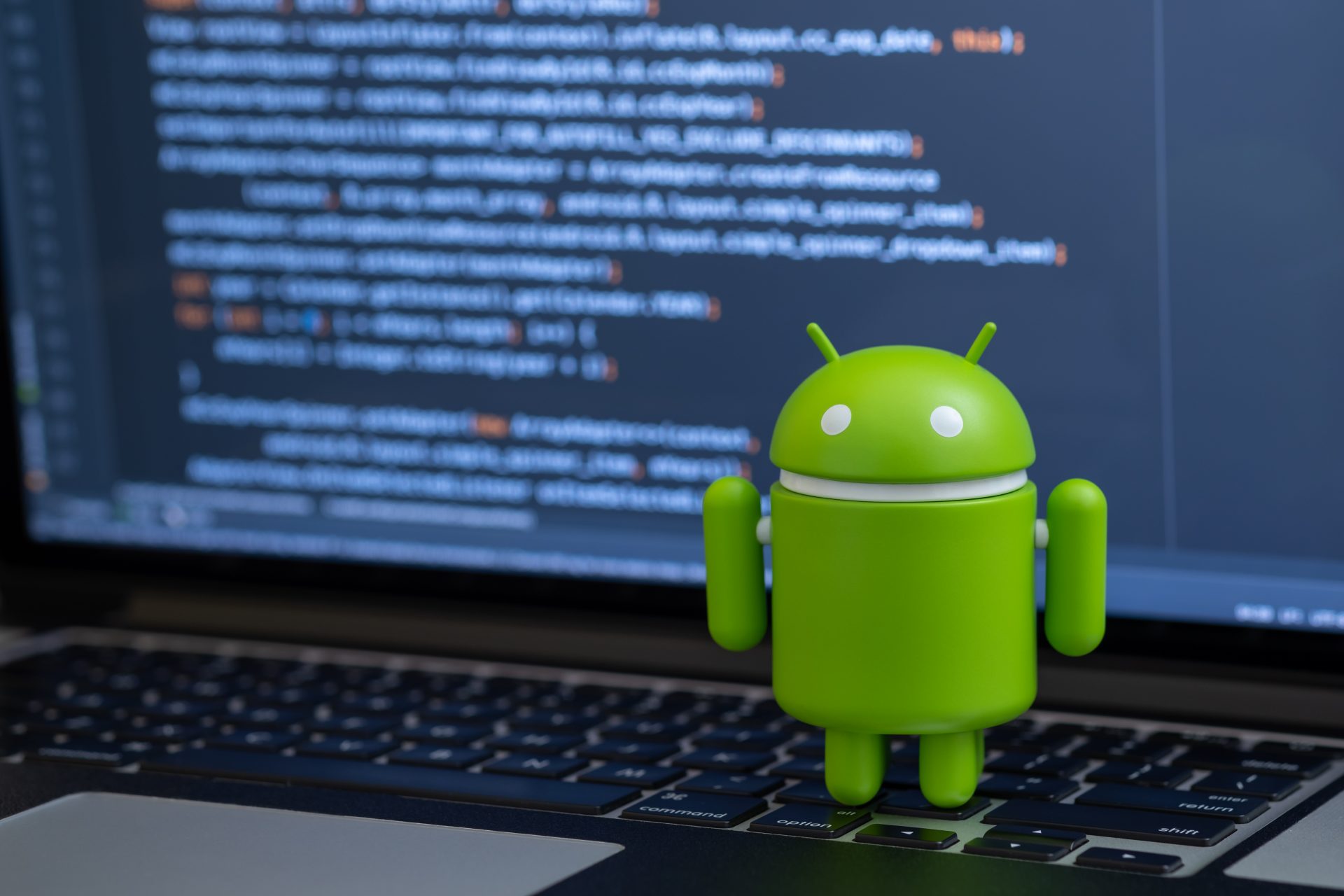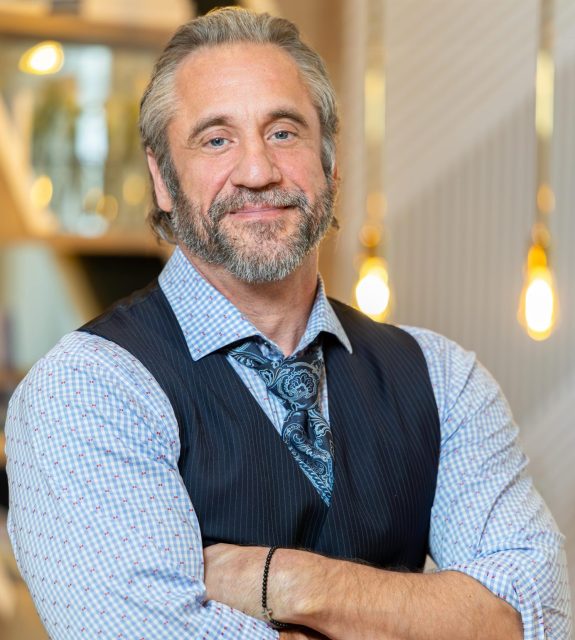Google’s Android software powers billions of phones across the globe, but according to Oracle, the tech giant may have violated copyright laws in the program’s development. This question is at the center of an Oracle copyright suit against Google that has now reached the country’s highest court.

15 million lines of complex code make up the Android software, Oracle’s claim pertains to 11,000 of those lines (roughly 0.1%). It’s alleged Google used parts of an Oracle-owned software, called Java, when creating the code, without paying any licensing fee. Oracle acquired Java in 2010 when it bought Sun Microsystems and is seeking $9 billion in damages, arguing that Google used the code without its permission.
After bouncing around several lower-level courts, the US Supreme Court finally heard the case last week and must navigate the mostly uncharted territory of how copyright laws apply to software.
The dispute specifically focuses on the way software developers use application programming interfaces, or APIs. That’s the computer code that enables websites and applications to work together; APIs also reduce the amount of basic computer coding developers need to write with each program.
Google argued that weaving the Java code into Android was protected under the “fair use” doctrine that allows the unlicensed use of copyright-protected work in circumstances when there is no other way to do it. One Justice challenged the argument, citing Apple’s development of its competitive iOS technology without using any Java coding.
Oracle argues this process is akin to taking key parts of a book- chapter titles, character names, exact sentences- writing a new book, and selling it. “Google was essentially offering a competing product and using our software in that competing product and giving it away for free. So it’s really hard to compete with that,” Dorian Daley, Oracle’s top lawyer, told NPR.
The ruling will have wide-ranging ramifications as those who back Google say if Oracle wins, it will be more expensive and difficult for small companies to compete. Those in Oracle’s corner say if its copyright is not protected, that will discourage innovation.
As the Supreme Court continues to deliberate on possibly the most critical copyright case the software industry has ever seen, justices will have to keep in mind its reach will also extend to the other sectors including entertainment and publishing, which rely heavily on copyright protection.
For more articles from Haute Lawyer, visit https://hauteliving.com/hautelawyer/
Source:https://www.washingtonpost.com/technology/2020/10/07/google-oracle-supreme-court/


















